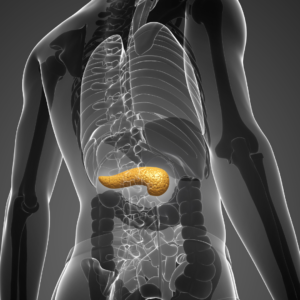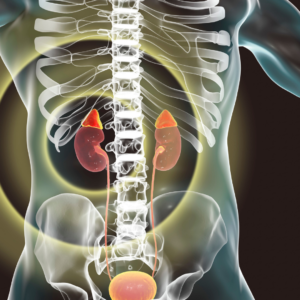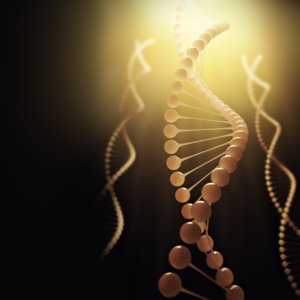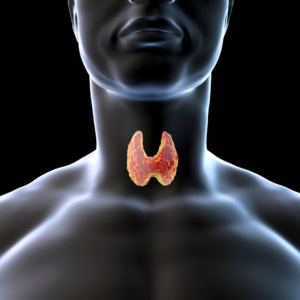What is MEN?
MEN stands for Multiple Endocrine Neoplasia, of which there are three distinct types – MEN1, MEN2 and MEN3. MEN2 was formerly called MEN2a and MEN3 was formerly called MEN2b, and indeed there are similarities between the two.
Multiple Endocrine Neoplasia syndromes are inherited disorders – This means that they can be passed down in families, with each child of an affected parent having a 1 in 2 or 50% risk of inheritance.
-
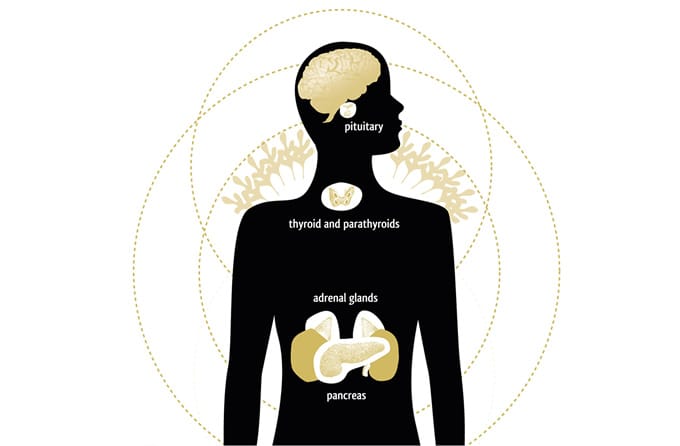 Introduction to MEN
Introduction to MEN
MEN disorders cause more than one gland of the body’s endocrine (gland) system to develop growths (tumours). The affected glands then produce abnormally increased amounts of hormones, the body’s chemical messengers, which in turn cause a variety of different symptoms.
Each growth may occur alone or independently of MEN and are here referred to as associated endocrine growths.
A person may have a gene change that causes MEN but not yet have developed any of the growths and they are then known as a “MEN carrier” and should be offered regular tests and follow-up appointments at an endocrine clinic in the same way as a patient who already has MEN growths.
In many people (although not all) the gene change may be identified by genetic testing, but this should be done after specialist genetic counselling. Genetic testing and counselling services are available on referral from your doctor or specialist.
More Information / More Diseases
To find more information on MEN and the other diseases for which AMEND also offers support and information, click on one of the following:
References and information production
-
Make a donation
AMEND has a variety of ways to donate to show your appreciation for our work.
Donate now
-
Become an AMEND member
Membership is free so come and join our family
Join us
-
Latest News
AMEND is pleased to bring you our latest publication: ‘Starting a Family: Your Choices’. Funded by a grant from the Society for Endocrinology, this…
View News
